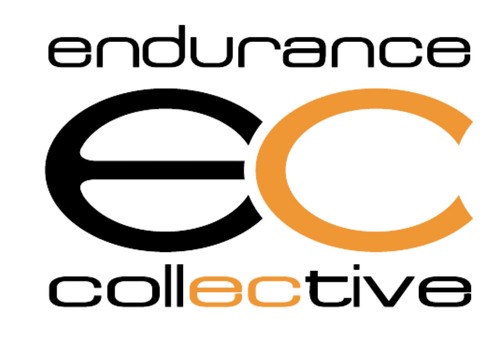Exactly Why We Do What We Do (Part 1)
Humor me for a moment. A quick test.
After each of the following statements, take a moment and consider how your mind might respond if this were the voice of your coaching speaking.
Statement 1: yesterday, you went too fast. Tomorrow, go slower.
Statement 2: the function of yesterday’s session was to make a contribution to your aerobic engine. You became anaerobic a handful of times during significant hill climbs. This is not a big deal in isolation, but if it becomes commonplace, it will hinder aerobic development. When we get closer to race season, you will be hitting the hills hard. But for tomorrow, consider returning to the course you did yesterday with a focus on more static effort over dynamic terrain. Take the downhills in a way that keeps your heart rate steady and then take the uphills patiently so to optimize aerobic development and not incur undue stress.
Which statement did your mind like more?
Now, we are not all the same. Some of us will respond better to Statement 1 than Statement 2.
If you preferred Statement 1, chances are you are highly experienced and/or coachable; you can set your ego aside when given blunt orders and calibrate your training accordingly.
Many of us will respond better to Statement 2.
If you preferred Statement 2, you most likely appreciate an intellectual and/or educational relationship with the training process; learning and being reminded of the function of your hard work.
In reality, there is a time and place for both, right? Many times, it is motivating to know exactly how training makes us stronger. Other times—give it to me straight, coach.
However, the vast majority of athletes will benefit positively from concentrating on exactly why they are doing what they are doing.
Knowing the purpose of training not only increases adherence, but it enhances the accuracy of workout execution.
This is really primary to what we seek, right? Outside of amazing rides through the countryside, breathtaking runs beneath Summer forests, laughter and shared experiences with friends and training partners, we want our work…to work!
We want dedication to translate to self-improvement in a measurable way.
So.
If we benefit profoundly from knowing why we do what we do, let’s raise this by one order of magnitude and ask a bigger question.
Out of every “why” that arises from the sysyphean task of training, is there a single “why” that we should focus on above all others? A “prime lens,” so to speak, through which all training decisions should pass? A litmus test that we can bounce our concerns, curiosities, doubts and confidences against? Why, yes. There is.
It is The Cycle of Supercompensation.
Have I piqued your interest?
Part 2 will be released next Tuesday and will provide a detailed explanation of the key components that make up a positive Cycle of Supercompensation—and how you can use it as a cypher to decode most any training quandary.
Happy supercompensating,
Coach Nathan Toben

